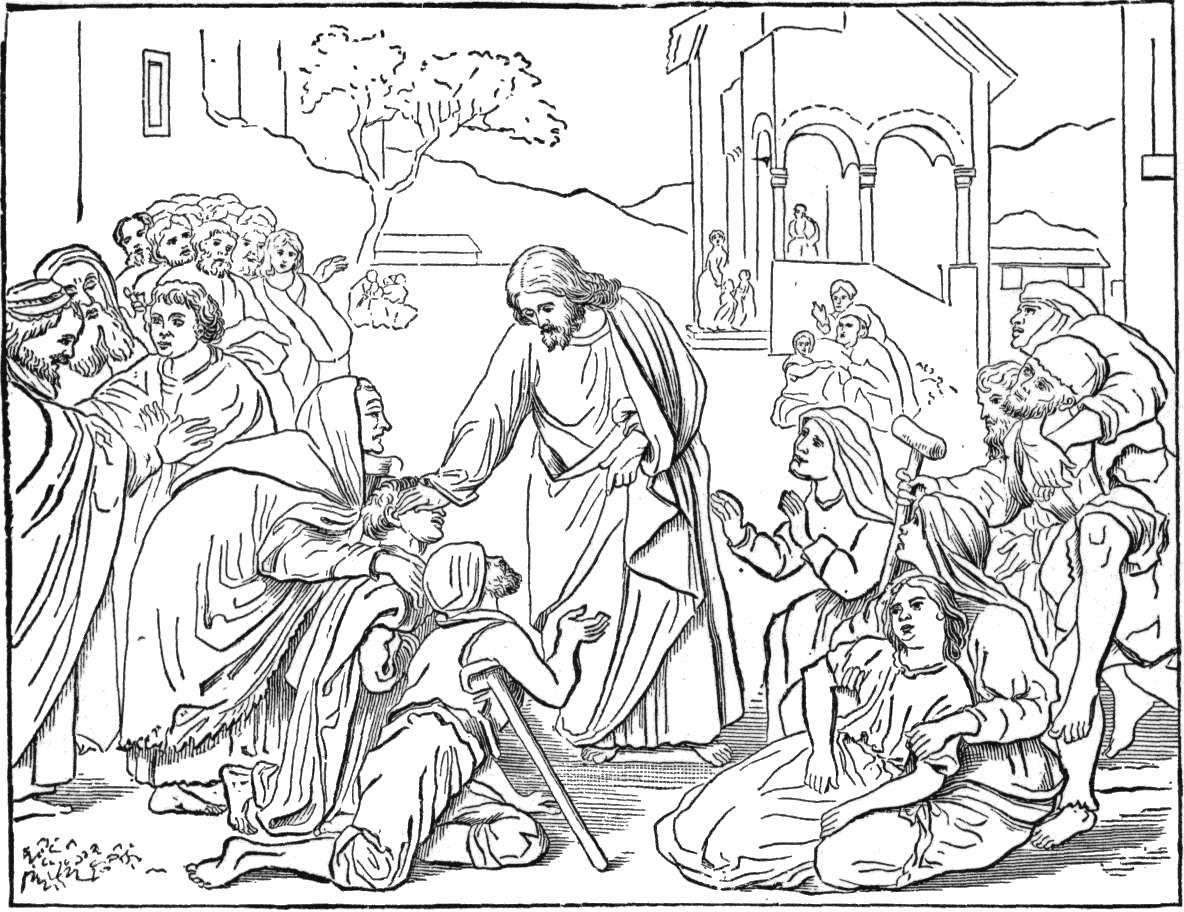On the occasion of the birthday of my friend Larry Chrouch I decided to write a brief testimony. Many wonderful thing could have been said about Larry but I am limited in time and space. Larry passed away in January and I wanted to mention his impact again.
Larry and Ellen Chrouch have been my partners in ministry for decades. He was a successful businessman when the Lord grabbed his attention and they ended up in our Discipleship Ministry at College Hill Presbyterian Church in the 1970's. Since then, Larry, Ellen and I have been involved in designing and carrying out ministries all over the earth.
Here was my brief statement in 2000.
There are only two or three people I quote more than Larry
and they are all characters in the Bible. I never teach a seminar or train a person that
one of Larry's wise and unforgettable sayings comes to mind. Not only do we all
regale at his sayings and sermons, we also fondly remember the many things
Larry, and Ellen, have done to take the good news in theory and practice around
the world.
One of the most profound events happened in January, 1986 in
Oslo, Norway. We were simply visiting with the Norwegian leaders one evening before we
were scheduled to speak the next day. We all know that Larry cannot just visit
without telling those wild, wooly, and true, God stories. He and Ellen had
dinner with Kjell-Petter Dahl, the chairman of the OASE movement, and
ministered to his wife and him in sharing, prayer and listening. The couple was truly impressed and blessed.
Kjell-Petter asked Larry and Ellen to share some of their
experiences with the entire group at an open time after worship and to allow
the Lord to show up as He wished. After they spoke for a few minutes, the floor
was open for discussion.
Kjell-Petter then announced, "The Americans will now answer all your questions!" Despite such an awesome challenge, Larry
handled it beautifully even though he said he was "Only coming on the trip so he could, Carry my bags!"
The final question revealed a lot about the mindset of so many people when it comes to healing. It also says a lot about about Larry's ability to minister in tough situations. The question went something like:
"Here in
Norway we will not pray for a person's healing until they have proven that they
have great faith by fasting and prayer. Do you make sure the people you pray
for have great faith?"
Silence fell on the group. I was happy that Larry was on the hot spot instead of me. He handled it beautifully.
"No," Larry said, "It is not the people's great
faith but our faith in a great God that matters."
At that, Kjell-Petter stood and said, "Anyone who needs
prayer come to the altar and the Americans will pray for you."
The rest of the evening was filled praying for a hundred
Scandinavian pastors and leaders. The gifts of the Holy Spirit flowed in a marvelous and miraculous manner. Larry's talk and warm interactions
with the Norwegians set up all that occurred later. His quick wit and deep faith opened the door again and again for the Holy Spirit to move in love and power.
We are blessed by the memories!
July 7, 2000 on the occasion of Larry's birthday.
Follow us by clicking the link!
Follow us by clicking the link!


